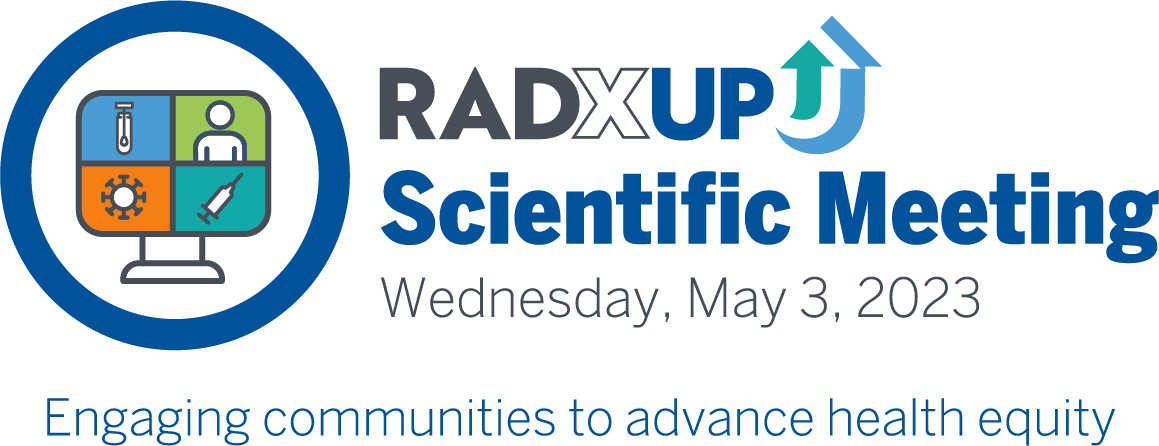Oral Presentation Title
1. Reach, Adoption, and Implementation of the Mobile Health for Migrant Health (mHealth-4-Mhealth) Program*
*This presentation will be bilingual in English and Spanish
Abstract:
Migrant agricultural workers and their families suffered disproportionate harm from the SARS-CoV-2 pandemic. The aim of the mHealth4-Mhealth program is to improve migrant families’ resiliency through mHealth-facilitated SARS-CoV-2 risk screening and social determinants of health (SDoH) challenges screening. Risk screening provides decision support for use and interpretation of at-home antigen testing, and SDoH challenges screening provides linkages to community resources and aid. The objective of the present study is to summarize reach and engagement of the mHealth-4-Mhealth program among migrant families in Nebraska.
The mHealth-4-Mhealth program has successfully engaged migrant families in rural Nebraska through partnership with the Nebraska MEP. An interim program performance evaluation using the RE-AIM framework demonstrates: 1. mHealth-assisted household risk assessment, at-home testing for SARS-CoV-2, and SDoH challenges screening is feasible and acceptable to rural, primarily Spanish-speaking households enrolled in a Title IC Migrant Education Program. 2. Incorporation of screening for household challenges into the mHealth tool has yielded requests for community navigation assistance, facilitated linkage to community aid and resources, and resulted in local school and community organizational policy changes. 3. The utility of at-home rapid antigen tests for SARS-CoV-2 may be limited by challenges in test acceptability, interpretation, and requirement for serial testing.
Project Name (NIH Grant Number):
Mobile Health Targeted SARS CoV-2 Testing and Community Interventions to Maximize Migrant Children's School Attendance During the COVID-19 Pandemic
1 OT2HD108106-01
Presenters:
Lisvey Rivera
Fernando Sanchez
Fernando Sanchez is a Community Coordinator for UNMC. His area of interest in research is Spanish speaking migrant families in rural areas. Through the combined effort of the Nebraska team, they’ve been able to enroll hundreds of participants to address socio-economic disparities that families are facing post-pandemic. Fernando received his Bachelor’s degree in Business Administration from University of Nebraska-Kearney while he also served in the Nebraska National Guard for 8 years.
Jana Broadhurst, M.D., Ph.D.
Jana Broadhurst is an Assistant Professor in the Department of Pathology and Microbiology at the University of Nebraska Medical Center and Global Center for Health Security scholar. She serves as the clinical laboratory director for the U.S. Region 7 Special Pathogens Treatment Center. She also directs the Emerging Pathogens Laboratory at UNMC, a clinical diagnostic and research laboratory that supports novel assay development and clinical research for high-consequence infectious diseases. Dr. Broadhurst received a bachelor's degree in biology from the University of Oregon, a Doctor of Medicine and Doctor of Philosophy (Biomedical Sciences) from the University of California San Francisco, and completed her Clinical Pathology residency and Medical Microbiology fellowship at Stanford University.

